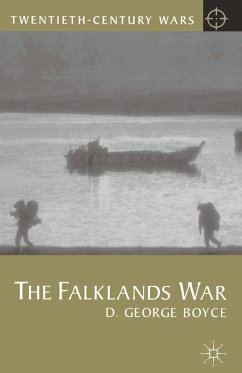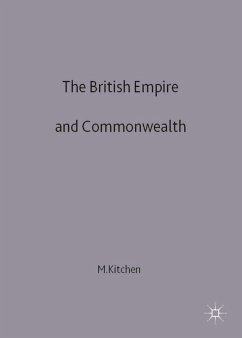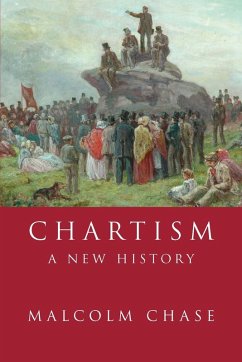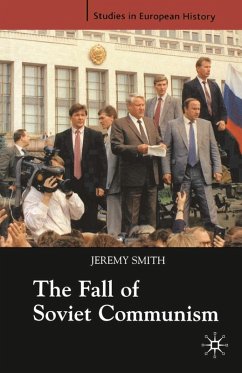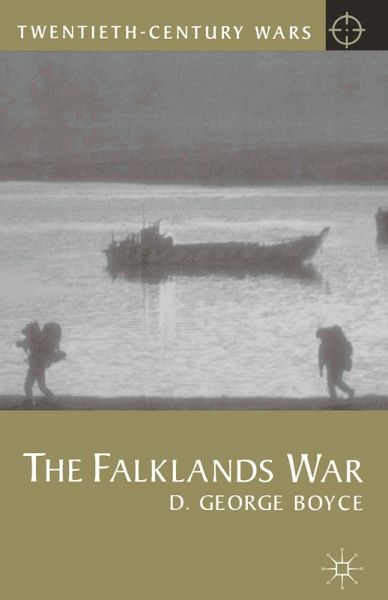
The Falklands War (eBook, PDF)
Versandkostenfrei!
Sofort per Download lieferbar
28,95 €
inkl. MwSt.
Weitere Ausgaben:

PAYBACK Punkte
14 °P sammeln!
The Falklands War of 1982 was a small war, but one with large resonances. The Argentine invasion of the one of the few remaining British colonies on 2 April might have been prevented by a more coherent British foreign policy, better intelligence analysis, and military precautions; and once the crisis began, it could have possibly ended by negotiation. Instead it involved both countries in a short, but intense, conflict which cost the lives of 255 British, and 625 Argentine, personnel. The Falklands War - examines the interaction between military force and diplomacy, shedding light on their oft...
The Falklands War of 1982 was a small war, but one with large resonances. The Argentine invasion of the one of the few remaining British colonies on 2 April might have been prevented by a more coherent British foreign policy, better intelligence analysis, and military precautions; and once the crisis began, it could have possibly ended by negotiation. Instead it involved both countries in a short, but intense, conflict which cost the lives of 255 British, and 625 Argentine, personnel.
The Falklands War
- examines the interaction between military force and diplomacy, shedding light on their often hidden relationship
- explores the deeply personal response of the British and Argentine public to the conflict
- assesses the relationship between the Government and the media, and considers the interpretation of the war in Britain
- analyses the effect of the conflict on the concept of 'Thatcher's Britain'
The Falklands War exemplified what one historian has called the 'myriad faces of war'. It was the last war which Britain fought outside a coalition or an international organisation, and, far from being marginal to Britain's key role as part of the defence system against the Soviet threat, it held a mirror up to the face of the British people in the late twentieth century.
Authoritative and clear, this is the ideal introduction for anyone with an interest in one of Britain's most significant military engagements, its impact and consequences.
The Falklands War
- examines the interaction between military force and diplomacy, shedding light on their often hidden relationship
- explores the deeply personal response of the British and Argentine public to the conflict
- assesses the relationship between the Government and the media, and considers the interpretation of the war in Britain
- analyses the effect of the conflict on the concept of 'Thatcher's Britain'
The Falklands War exemplified what one historian has called the 'myriad faces of war'. It was the last war which Britain fought outside a coalition or an international organisation, and, far from being marginal to Britain's key role as part of the defence system against the Soviet threat, it held a mirror up to the face of the British people in the late twentieth century.
Authoritative and clear, this is the ideal introduction for anyone with an interest in one of Britain's most significant military engagements, its impact and consequences.




